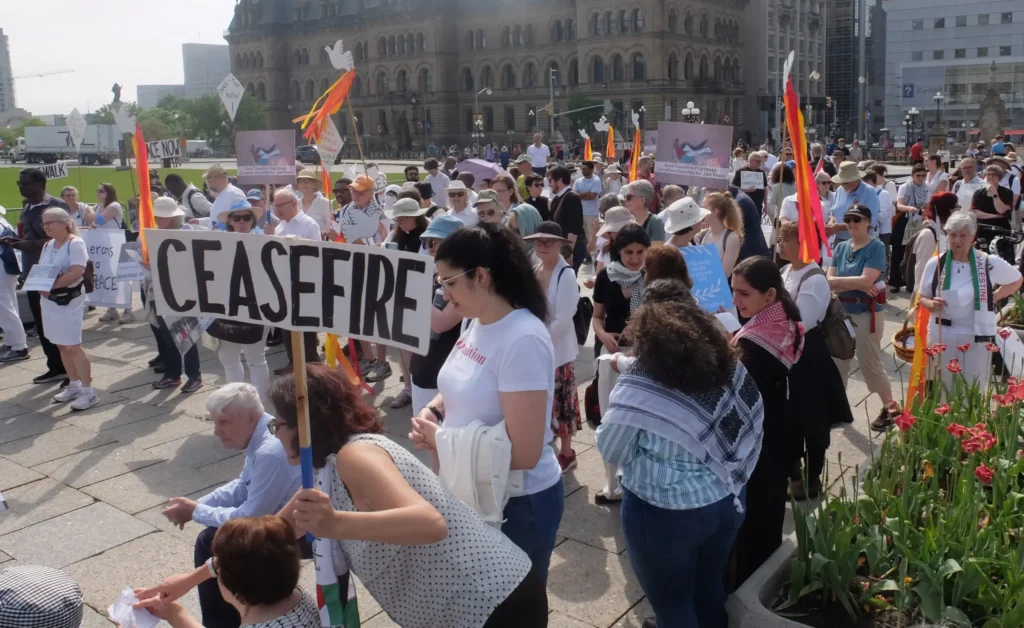Ceasefire Gaza: Israel Delays Vote Amid Escalating Conflict
Escalating violence and political discord hinder progress on a Gaza ceasefire agreement.

Israel’s Cabinet Postpones Ceasefire Decision Amid Rising Tensions in Gaza
- Escalating violence and political discord hinder progress on a Gaza ceasefire agreement.
In a significant development, the much-anticipated vote by Israel’s cabinet on the Gaza ceasefire has been delayed, fueling tensions and leading to escalating violence in the region. The delay comes amid internal political discord and accusations of prioritizing coalition stability over national security.
Avigdor Lieberman, leader of the Yisrael Beiteinu party, has criticized Prime Minister Benjamin Netanyahu’s approach, stating that the phased ceasefire deal compromises Israel’s security for political gains. “From the perspective of Israel’s security interests, we should have pursued a comprehensive deal,” Lieberman remarked.
Since the announcement of the ceasefire, Israeli military actions in Gaza have intensified, resulting in over 70 Palestinian fatalities, including women and children, according to Gaza’s Civil Defence. Meanwhile, Israeli forces conducted multiple arrests in the West Bank, adding to the growing unrest.
- Political Divide Within Israel’s Government
The delay highlights internal divisions within Netanyahu’s government, with far-right members of the coalition threatening to resign if the deal moves forward. Finance Minister Bezalel Smotrich, a staunch opponent of the agreement, has called for assurances of a return to full-scale military actions after the initial phase of the ceasefire.
Former Israeli Foreign Ministry Director-General Alon Liel predicts the first phase of the agreement will pass, but long-term peace remains uncertain. “In 42 days, who knows what the region will look like?” he questioned, emphasizing the fragile nature of the situation.
- Global Reactions and Humanitarian Concerns
International reactions to the ceasefire have been mixed. Leaders from Spain, Belgium, and the European Commission have welcomed the agreement, urging both sides to honor it fully. Humanitarian organizations have called for sustained aid to Gaza, where resources remain critically scarce.
OXFAM and Human Rights Watch have highlighted the need for accountability and lasting solutions, stressing the importance of addressing the root causes of the conflict. Omar Shakir from Human Rights Watch stated, “Without significant humanitarian aid and an end to systematic repression, ceasefire agreements alone won’t prevent future atrocities.”
- Hope Amid Uncertainty
Despite the challenges, many Palestinians remain hopeful. Displaced residents in Gaza have expressed a desire to rebuild their lives and return to their homes. “Even if my house was demolished, I will camp there and rebuild. This is my home,” shared Areej Hani al-Zaharna, a displaced Palestinian.
As the region waits for Israel’s next move, the question remains whether this ceasefire will pave the way for lasting peace or merely serve as a brief pause in a long-standing conflict.
The delay in Israel’s ceasefire vote has heightened tensions in Gaza, leading to increased casualties and political unrest. While global leaders and humanitarian groups advocate for peace and aid, the situation remains volatile. For more updates, visit Trendsnip



